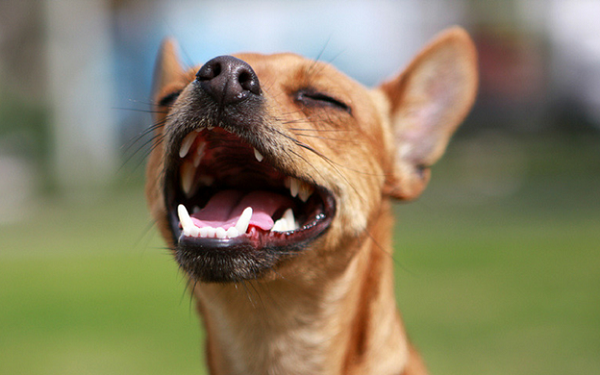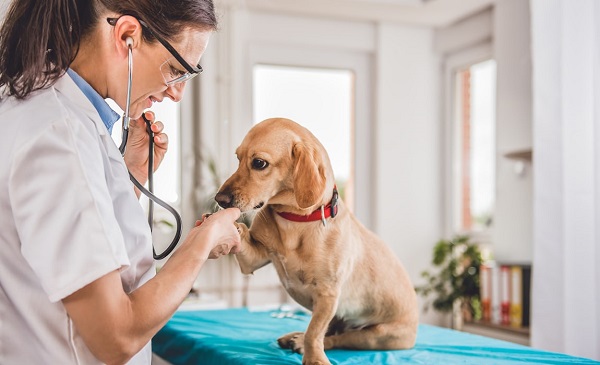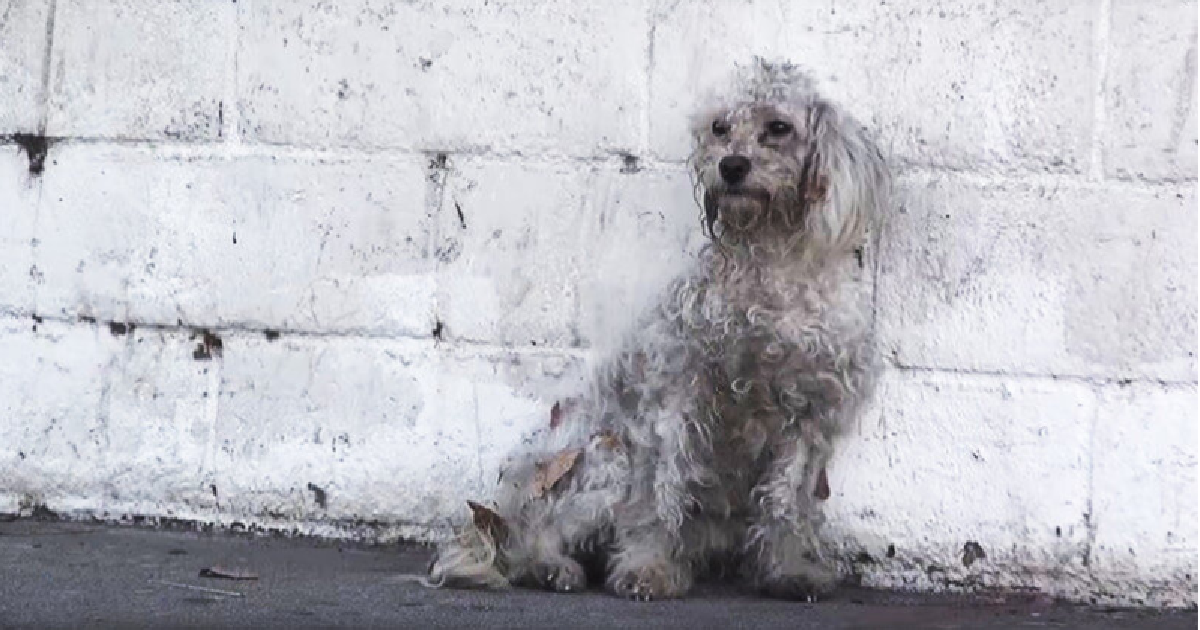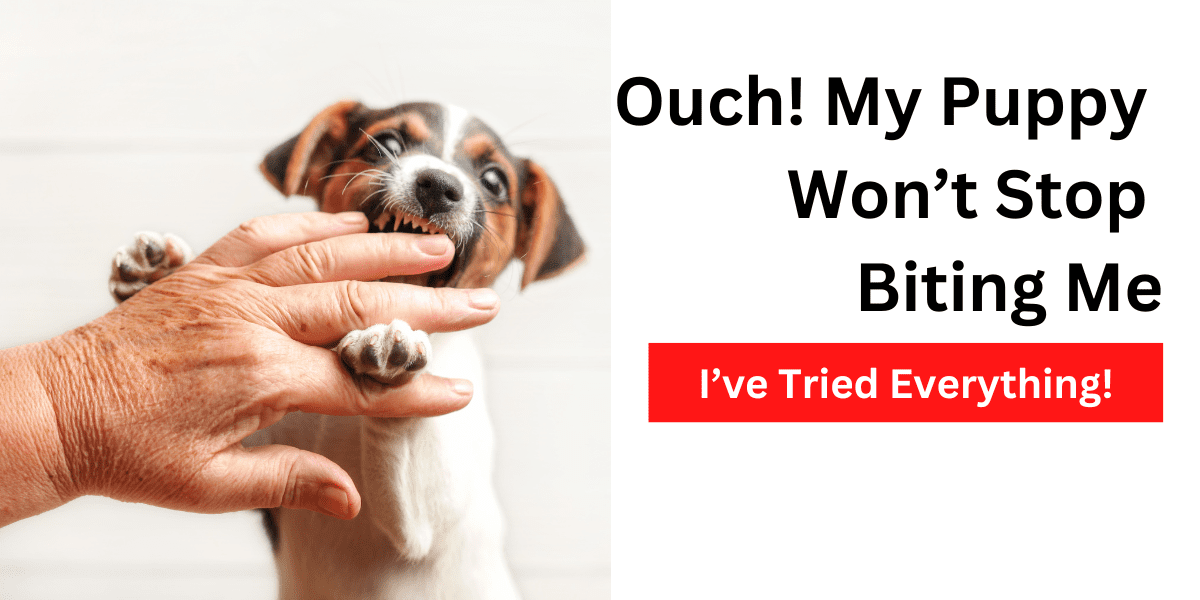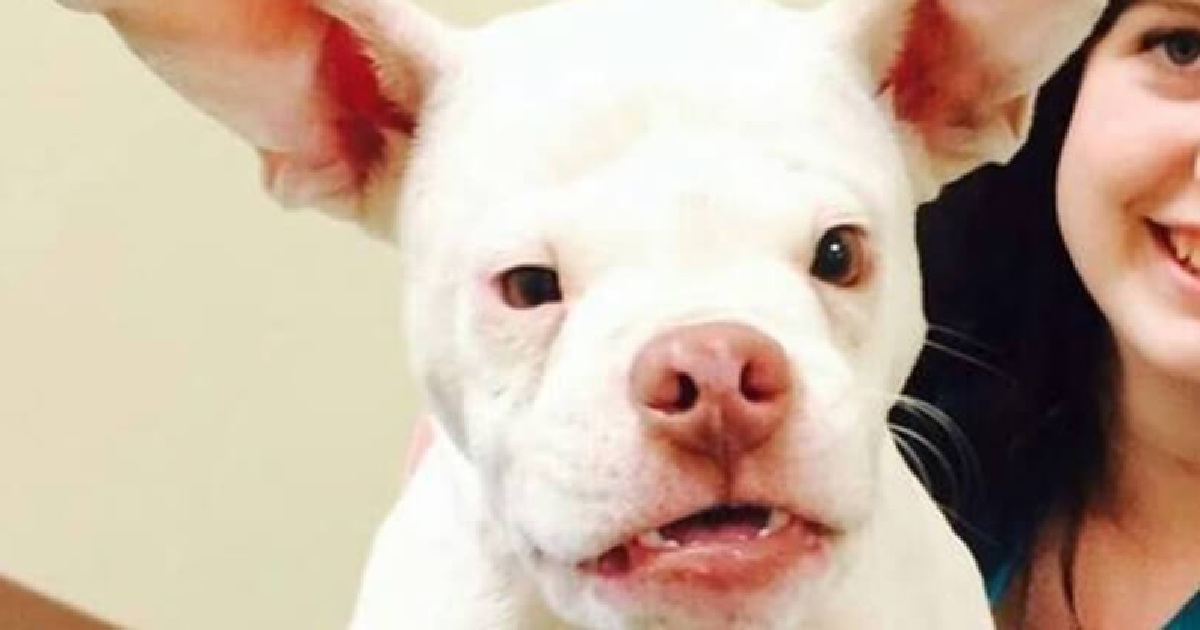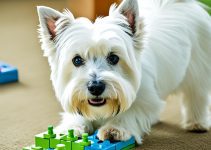Dogs sneeze just like their humans do, but not always for the same reasons. There are a variety of reasons why your dog is sneezing — from basic pollen sensitivity to infection. There are also structural reasons for some dogs’ sneezing fits. The nasal passages of brachycephalic breeds—short-muzzled types like Bulldogs, Pugs, and Boston Terriers—are compressed, which leads to a fair amount of sneezing, snoring, and snorting. In fact, dogs of these breeds can have a condition known as brachycephalic airway obstruction syndrome (BAOS); sneezing is one of the symptoms associated with BAOS.
There are several common causes of sneezing that are harmless, while other causes could signal an underlying health problem. We’ll lay out why dogs sneeze and help you differentiate when a sneeze is a problem and when a sneeze is just a sneeze.
Common Causes For Dog Sneezing
Read on for the most common reasons dogs sneeze to decipher why your dog might be sneezing.
Play Sneezing
Have you ever noticed your dog sneeze when they play with other dogs or get excited by something? This is called a “play sneeze” and says more about their behavior than it does about their health. Play sneezing is nothing to be concerned about and is a positive sign that your dog is a happy one.
A dog will also sneeze during play as a way to communicate that its playstyle should not be misunderstood as aggression. In this case, they are basically saying, “This isn’t a real fight. It’s just a game.” Consider play sneezing added entertainment when watching dogs romp and play with each other. It’s their way of speaking to each other.
Reverse Sneezing
Sometimes dogs will make a sort of “snorking” sound by rapidly and forcefully inhaling air through their nose, but this isn’t a sneeze. It’s a reverse sneeze. During a real sneeze, the air is being aggressively and quickly pushed out of the nose, whereas in a reverse sneeze, the air is being sucked in. Dogs reverse sneeze when their body is trying to get rid of something like dust or another allergen that is irritating their nasopharynx, which is the area that lies behind the nasal cavities and above the soft palate.
The act of reverse sneezing can be alarming to witness. A dog it is happening to will heave and “snork” loudly, multiple times in a row for 15-30 seconds, but it’s perfectly normal and does not cause them harm. If your dog’s reverse sneezing is accompanied by the aforementioned symptoms of nasal mites, however, consult your veterinarian.
Foreign Objects and Irritants
Sometimes dog sneezing is due to a foreign body that is stuck in their nasal passage. Perhaps your dog was exploring the yard, started sniffing everything in sight (as dogs are wont to do), and accidentally inhaled a blade of grass or clump of soil. Your dog is sneezing simply to dislodge that foreign body, so they can get it out of their nose and relieve themselves of that nagging tingle.
Irritants like perfume, aerosols, hairspray, and household cleaners are no good for your dog’s nose. Be aware of your surroundings when spraying things like an air freshener in your home, and take care not to do it around your pet. If you notice them pawing at their snout, this could be because something is stuck in it and sneezing has not done the trick to expel it. If the pawing becomes excessive, take them to the vet so their nasal cavity can be examined.
Dog Nasal And Respiratory Infections
Aside from nasal mites, sneezing can be a sign of a fungal nasal infection called Aspergillosis. This infection is caused by inhaling a species of mold found in dust, hay, and grass. Symptoms of this kind of inflection include sneezing, a runny nose, nasal pain, bleeding from the nose, a reduced appetite, a visibly swollen nose, and nasal discharge from the nostrils. It’s not a pretty condition.
Another nasal infection that results in excessive sneezing is sinusitis. When dogs get sinusitis the nose and interior nasal passages get severely inflamed. Sinusitis in dogs can typically be treated with antibiotics or antifungal medicine. If you suspect your dog has a nasal infection take them to the veterinarian for treatment as soon as possible.
Nasal Mites
If your dog is having sneezing fits, nasal discharge, nose bleeds, labored breathing, head shaking, and facial itching, they could be suffering from nasal mites. The tiny bugs take up residence in your dog’s nasal passages and then breed, and cause your dog serious discomfort. Nasal mites are about 1 millimeter in size and can be seen with the naked eye. Nasal mites are highly contagious and spread by nose-to-nose transmission between dogs. Take your dog to the vet as nasal mites require medical attention. Your veterinarian may prescribe topical or oral medication to eliminate and prevent nasal mites.
Canine Nasal Cancer
Older dogs and long-nosed breeds like collies, Great Danes, and dachshunds are particularly susceptible to nasal tumors. Nasal tumors make up about 1-2% of all cancers. Approximately 80% of nasal tumors are malignant.
In addition to sneezing, symptoms of nasal tumors include difficulty breathing through the nose, noisy breathing, bloody nasal discharge, coughing, and facial swelling. This cancer destroys underlying bone and can affect the brain due to its close proximity to the nasal cavity. If your pup displays any of these symptoms they must be taken to the vet. Nasal tumors need to be diagnosed by using imaging like an X-ray, CT scan, or MRI.
Canine Dental Problems
Finally, while it may not seem like an obvious cause, canine dental problems such as infected teeth or gums and abscesses can create an infection in the nasal cavities, causing a runny nose and sneezing.
When your dog is sneezing, it’s a normal bodily act. Your dog could be suffering from seasonal allergies, have a tickle in their nose from an irritant, or simply be sneezing to communicate during play — among other reasons. On the other hand, if your dog is sneezing for long periods of time and the sneezing is accompanied by blood, breathing difficulties, or discharge, then it could be more serious. Consult your veterinarian if your dog displays any of those behaviors.

